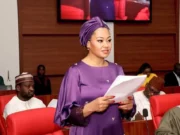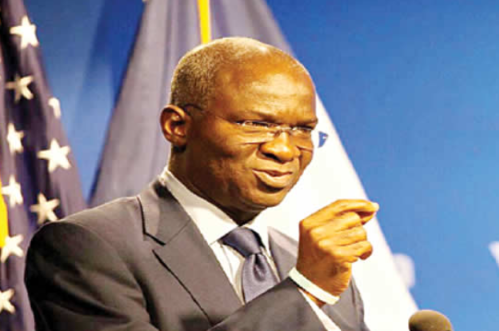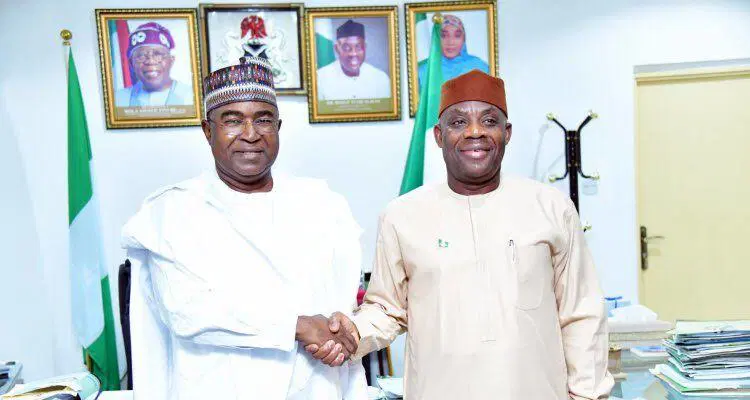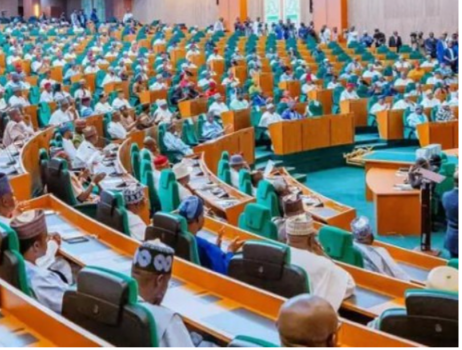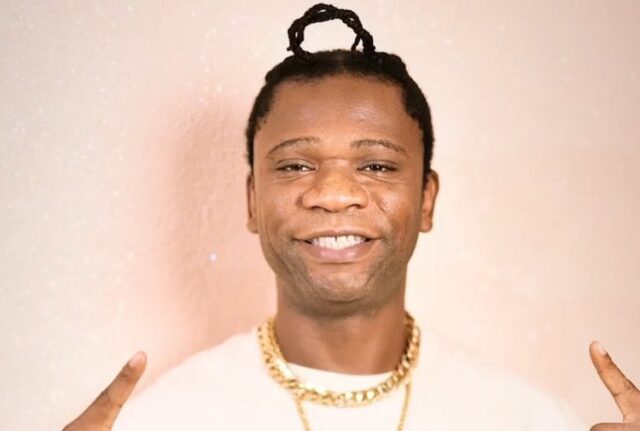Amid growing calls for institutional changes in Nigeria, controversial singer Speed Darlington has publicly urged President Bola Tinubu to prioritize reforming the nation’s police force before leaving office. In a video shared on August 23, the artist emphasized that effective leadership extends beyond economic metrics like gross domestic product growth, stressing the importance of safeguarding citizens’ rights and addressing widespread public dissatisfaction.
Speaking directly to the president, Darlington highlighted the administration’s focus on fiscal matters while overlooking critical human rights issues. He pointed out the general lack of public support, noting that even members of the president’s own ethnic group have voiced complaints, with loyalty seemingly limited to those benefiting from appointments. As an Igbo man offering advice, Darlington suggested that implementing police reforms could cement a positive legacy for Tinubu, regardless of whether he secures a second term.
At the core of his appeal, Darlington criticized the Nigeria Police Force as an entity inherently tied to oppression and human rights abuses, where violating individuals appears integral to their operations. He specifically condemned the practice of arresting suspects prior to conducting investigations, labeling it a clear infringement on basic rights. Drawing from his own harrowing encounter, he recounted being detained for two months by the Force Criminal Investigation Department, even after a judge had mandated his release. According to his lawyer, Nigerian law permits only 28 days for such investigations, raising questions about the additional month of confinement, which he attributed to unchecked authority and potential corruption. He further alleged that financial incentives could lead officers to target perceived enemies, underscoring a system prone to misuse.
In his emotional message, Darlington invoked a fervent plea, using cultural and religious references to implore action from the president and his fellow Yoruba compatriot, the Inspector General of Police. This call reflects broader concerns about law enforcement accountability in Nigeria, where personal stories like Darlington’s highlight the urgent need for systemic improvements to ensure justice and protect individual freedoms.





